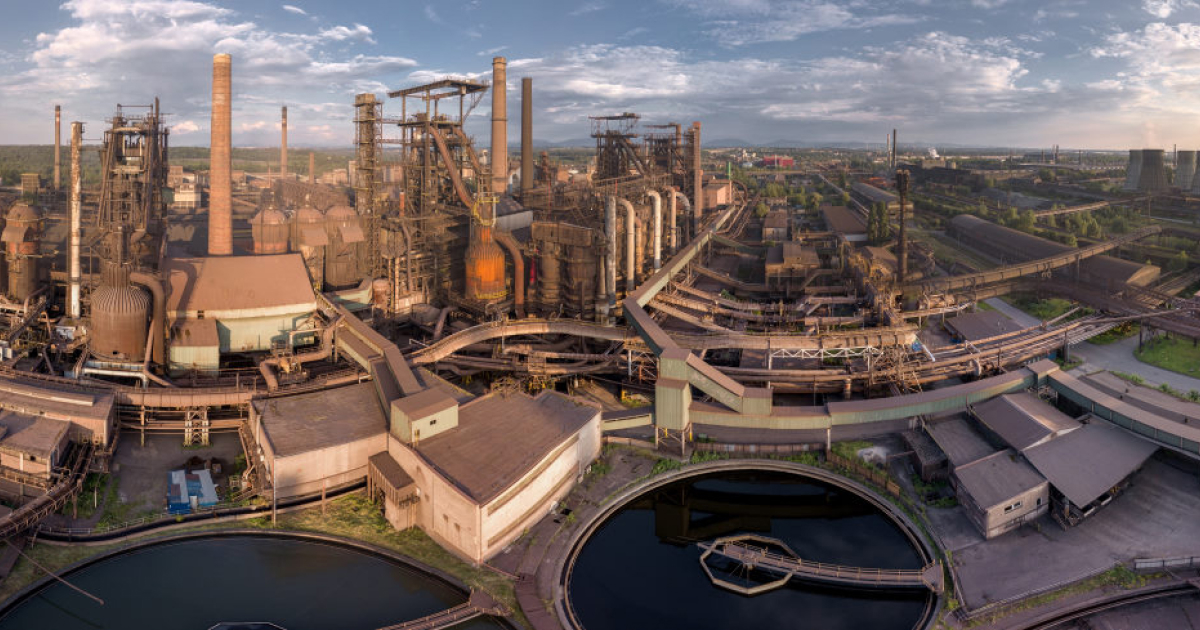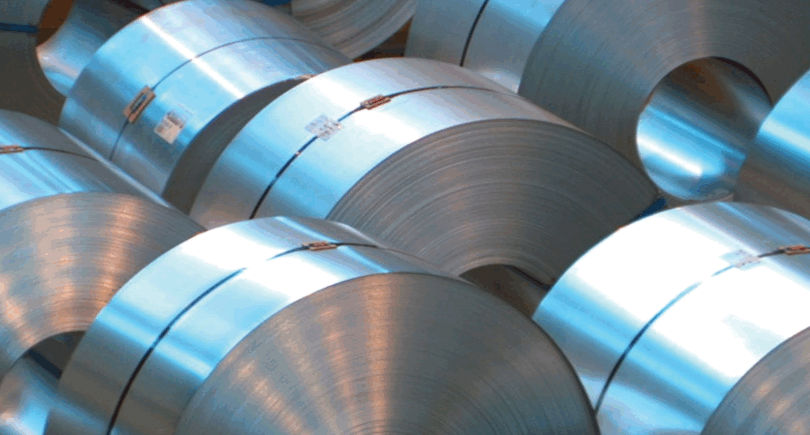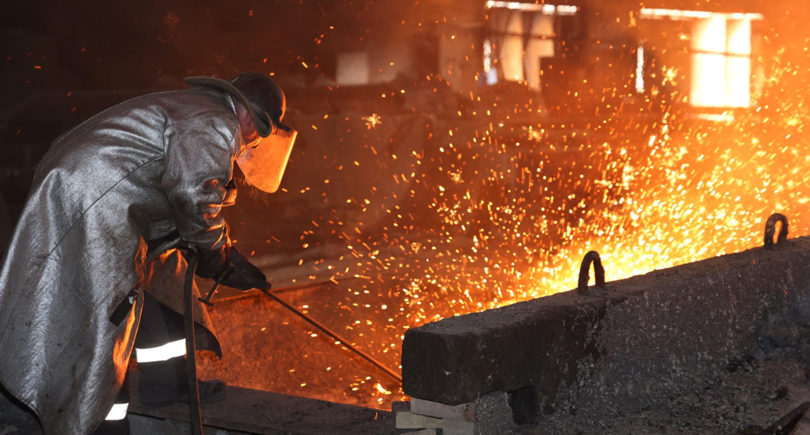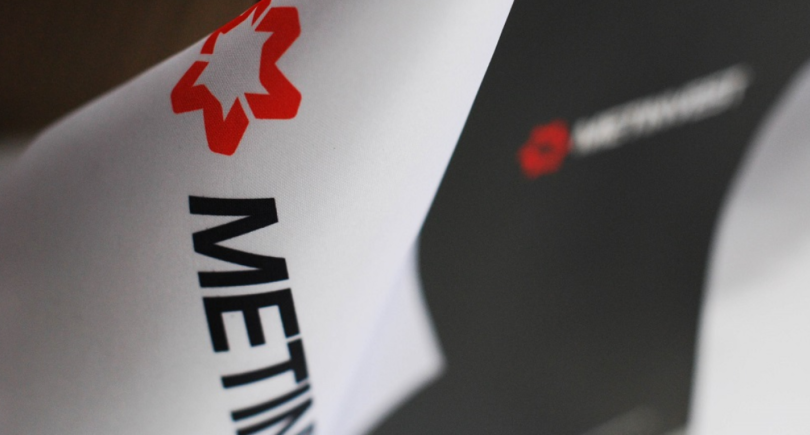
News Companies Liberty Ostrava 4905 19 June 2024
In May, according to sources, representatives of the Indian Jindal Steel visited the steel plant
The sale of the Czech steel mill Liberty Steel in Ostrava has already attracted interest from a number of parties, mostly Czech companies. This was reported by S&P Global, citing industry sources.
However, it also includes Indian Jindal Steel, whose delegation visited the plant in May this year.
Other potential buyers, according to the sources, include Trinecke Zelezarny, another major steel producer in the country, Czech industrial holding CE Industries (CEI) and energy company Sev.en Group.
According to S&P Global, Liberty Steel declined to discuss the sale process, while the other companies were unavailable for comment.
Last week, Liberty Ostrava announced that it was exiting preventive restructuring and applying to the court for reorganization under the Bankruptcy Law. In addition, steps will be taken to sell the steel mill.
The company has been working on several restructuring plans, including a long-term plan to switch to electric arc furnace technology.
In April of this year, Sanjeev Gupta, chairman of GFG Alliance, which includes Liberty Steel, met with the Czech ministers of finance and industry, but, according to sources, they did not find the plans convincing and no breakthrough was achieved in restarting the plant.
Ostrava’s restructuring was hampered by external factors, primarily the further deterioration of market conditions in Europe and the delay in the allocation of emission quotas by the Czech authorities, Liberty Steel said. The decision to sell was made in the interests of creditors, employees and customers.
Liberty said that the delay in the allocation of emission allowances caused losses in the restructuring plan of €43 million and increased the risk of insolvency. The previous restructuring plan depended on the sale of these allowances as well as hot-rolled coil prices, which were expected to reach €950/t in July. At that time, hot-rolled coil prices were more than €300/t lower than the plan. These factors resulted in a loss of €1 million per day.




